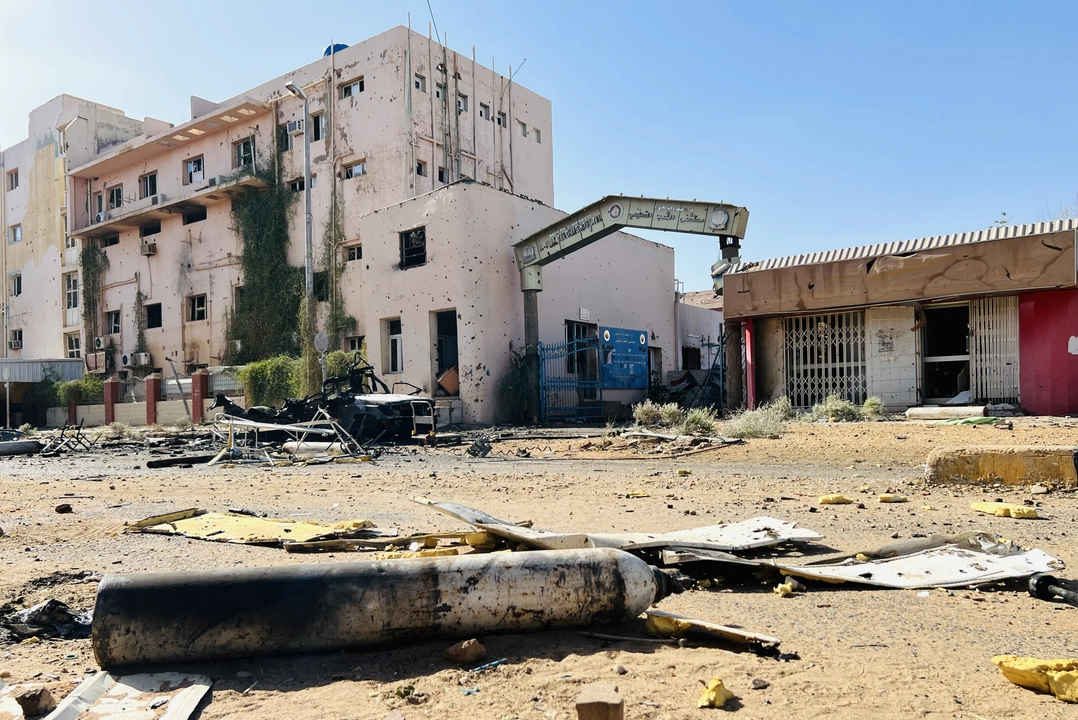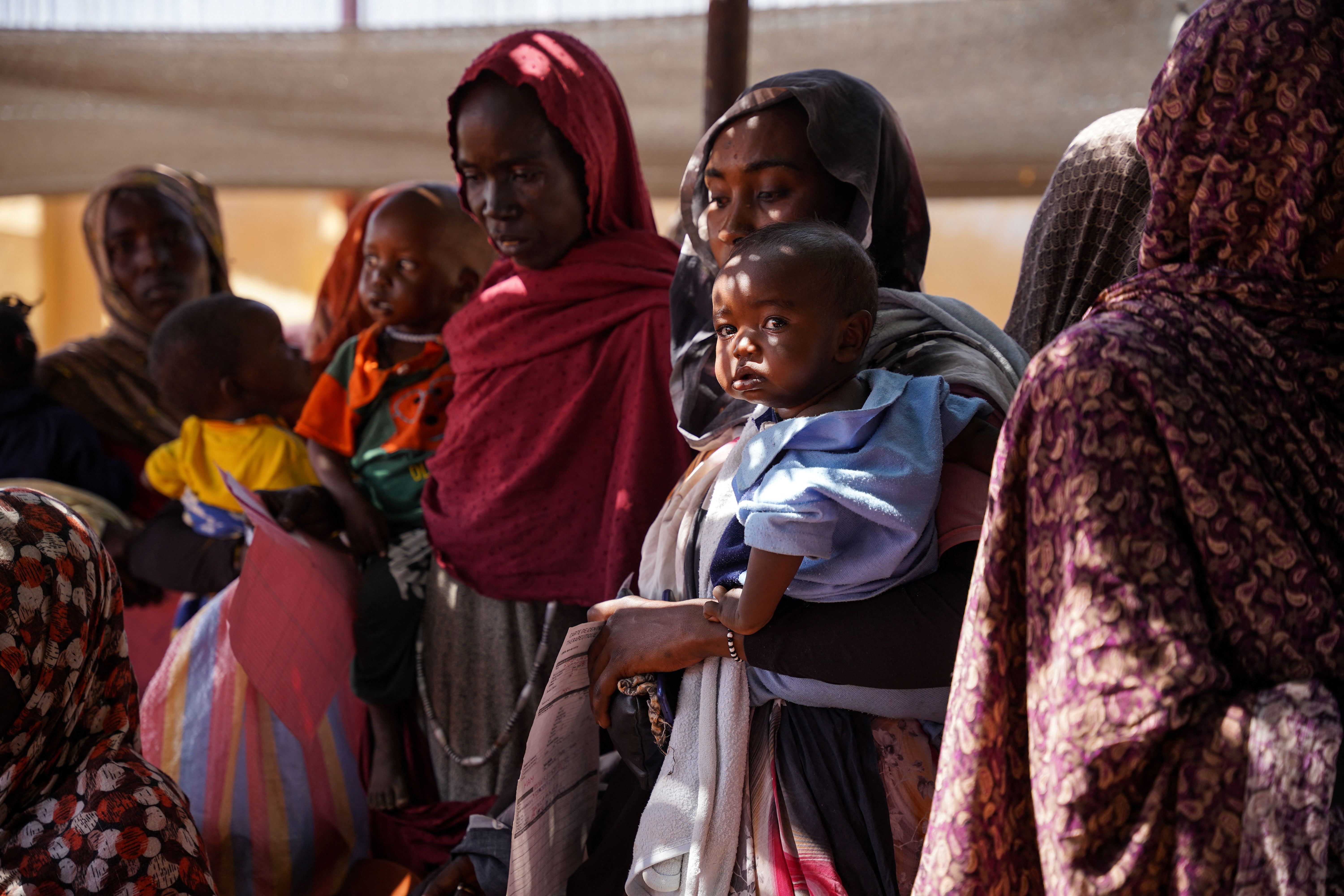Officials at a high-level international conference on Sudan in London called for an end to the civil war, urging rival factions to de-escalate the conflict that has killed thousands and displaced millions.
The United Kingdom co-hosted the one-day conference on Tuesday with the African Union, European Union, France, and Germany, where foreign ministers and humanitarian leaders gathered to mark the second anniversary of the Sudan conflict.
In his opening remarks, British Foreign Secretary David Lammy announced new life-saving aid worth $158.4 million to support over 650,000 Sudanese people.
However, he warned that the biggest obstacle is not funding but “a lack of political will.”
"Many have given up on Sudan. That is wrong. It's morally wrong when we see so many civilians beheaded, infants as young as 1 (year old) subjected to sexual violence, more people facing famine than anywhere else in the world, we simply cannot look away," he said.
Lammy described the “unimaginable violence” faced by civilians and aid workers and warned that instability is spreading beyond Sudan’s borders.
“We have got to persuade the warring parties to protect civilians, to let aid in and across the country, and to put peace first,” he said, adding that all parties want to see Sudan’s sovereignty and territorial integrity upheld with functioning institutions.
“We all want to see Sudanese civilians protected, and the millions of displaced people able to return to their homes,” he added.
Bankole Adeoye, African Union commissioner for Political Affairs, Peace and Security, said the ultimate goal is to end the war, but stressed the need for a Sudanese-led solution.
"It is a landmark moment for us to find a pathway to enduring peace and stability," said Adeoye.
He reaffirmed the African Union’s commitment to helping Sudan build a democratic future and silence the guns.
French Foreign Minister Jean-Noel Barrot urged collective action to ensure the conflict is not forgotten.
“The situation worsens every day. We must all take action," he said, announcing an additional $56.6 million to support the work of UN agencies and non-governmental organisations in Sudan and neighbouring countries this year.
Barrot stressed that foreign actors must avoid any actions that would fuel the conflict.
“Let us be clear: the unity of Sudan must be preserved,” he said.

Humanitarian crisis
German Foreign Minister Annalena Baerbock emphasised the scale of the humanitarian crisis, noting that 30 million people in Sudan cannot survive without aid.
"Hundreds of civilians and aid workers have reportedly been killed this weekend. We cannot forget them because every life matters. This war must end, and if it continues, there will not be any winner at all; we all lose humanity," she said.
Baerbock also announced an additional $141.7 million for Sudan and neighbouring countries but stressed the need to ensure aid reaches those in need.
She said all external actors must work towards de-escalation, and the first step for a lasting ceasefire could be an agreement protecting critical infrastructure.
European Commissioner for Crisis Management Hadja Lahbib said the EU has allocated over $318 million in humanitarian, development, and stability aid for Sudan and neighbouring countries.
"But this funding will not be enough. So we need strong collective action. And we must strengthen our coordination to make sure our funding works," she noted.
Lahbib called the Sudan conflict the “largest humanitarian crisis” in the world.
Since April 15, 2023, the Rapid Support Forces (RSF) have been battling the army for control of the country, resulting in thousands of deaths and one of the world’s worst humanitarian crises.
More than 20,000 people have been killed and 15 million displaced, according to the UN and local authorities. Research from US scholars, however, estimates the death toll at around 130,000.
In recent weeks, the RSF has lost significant territory across Sudan to government forces.




















